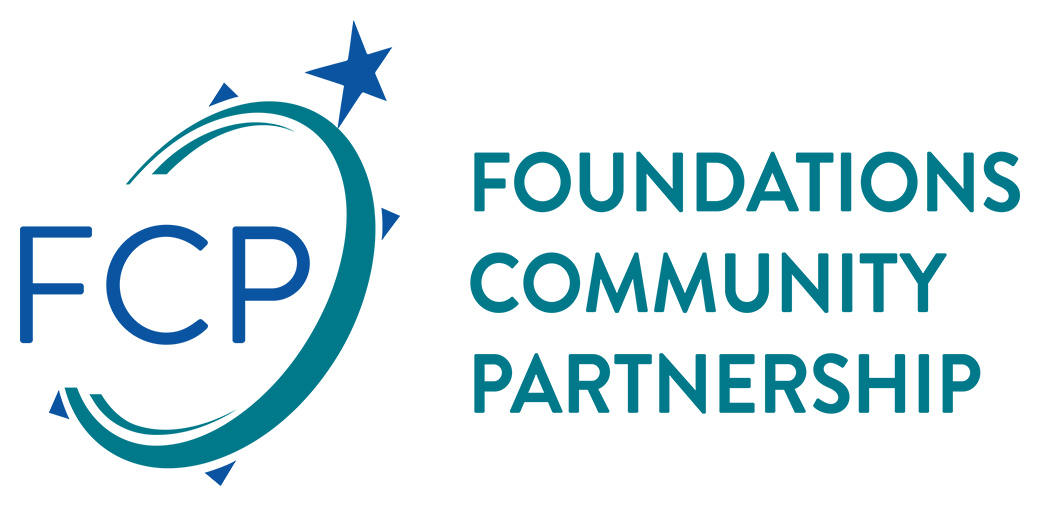Outstanding “Mindfulness” Workshop Today
Judging by the participant reaction in today’s workshop entitled, “Mindfulness for Youth: Tools for Clinical Practice and Education” Dr’s Diane Reibel and Patricia Broderick hit a home run. They presented to a full house of over 100 mental health professional and educators. There was standing room only, until more chairs were found. The audience attentiveness and 100% participation in experiential activities underscored the high level of interest.
“Mindfulness” is a hot topic in Bucks County schools and mental health practice during the past few years. Although this technique/concept is evidence based and supported by over thirty years of research, Dr’s Reibel and Broderick were quick to point out that it is a psycho-educational process, rather than a psychotherapy treatment. That is not to say that “Mindfulness Based Stress Reduction” or “MBSR” is not therapeutic, it certainly is. With practice, MBSR teaches children, adolescents and adults to develop a mindset that can be “lived” not just used as a technique to reduce stress.
After a brief introduction, the workshop started with a practice exercise that Dr. Reibel called “The beginner’s mind”. This included a series of relaxation steps to help the participants learn to be “in the moment” and aware of our own bodies. She helped us learn the mindfulness vocabulary as she walked us through each step. Important elements included being aware of distractions, but not judging them as good or bad, but simply guiding thoughts back to the present and experiencing the body in the moment. This 10 minute exercise clearly set the tone for the rest of the workshop. Afterwards, in response to participant reaction there was a list of spontaneous response words including: peaceful, aware, calm, grounded, alert, open, happy etc. Dr. Reibel’s voice, while leading this exercise was very soothing, almost hypnotic. Directed by my misguided sense of humor, and probably in preparation for writing the “Blog”, my mind drifted to wonder if the results would be the same if her voice sounded like Chris Matthews from the “Hardball” TV talk show. I quickly behaved and guided my mind back to experiencing sensations from my body. The practice exercise was effective. There was a tangible effect as the audience collectively sighed and relaxed.
Throughout the workshop, Dr’s Reibel and Broderick presentation provided a balance of practice exercises and didactic research information to both support the efficacy of the treatment modality, and satisfy the audience with techniques. Dr. Broderick pointed out that despite almost 500 research articles on the topic, few have involved adolescents or children. Those that have been conducted reflect positive results. While the principles of MBSR are consistent, regardless of the age of the client/student, the techniques and vocabulary needs to be adjusted to their developmental level. The three hour workshop was enjoyable and flew by very quickly.
In some ways, MBSR brings to mind the work of Herbert Benson, M,D. from the earlier days of relaxation training and stress reduction, Fritz Perls, M.D. from the Gestalt Therapy concept of staying in the moment, and Aaron Beck, M.D., with Cognitive Behavioral Therapy (CBT), one of the first evidence based psychotherapy treatments. The presenters reminded the audience that MBSR has evolved from relaxation training and other researched based stress reduction models to encourage folks to develop a mindset to cope with life stress, rather than react to crisis. They also presented research that suggests client/student secondary benefits if teachers and therapists participate in MBSR training.
As an aside, Foundations Community Partnership recently provided funding to a Bucks County High School for the purpose of MBSR training for selected counselors and teachers. Over 200 students, including 60 identified with special needs, participated in this project. The school was very pleased with the results of the training.
